 W
WAda Aharoni is an Egyptian-born Israeli poet, writer, lecturer, sociologist and peace researcher. Since her first poetry book, Poems from Israel, was launched in 1972 she has published 34 books, including peace poetry, historical novels, sociology and history books, biographies, drama, film-scripts, literary criticism, and books for children. The uprooting of the Jews from Egypt, including herself, following the establishment of Israel in 1948 is one of the main topics in many of her novels. Her research on this "Second Exodus" has been a major focus in her career.
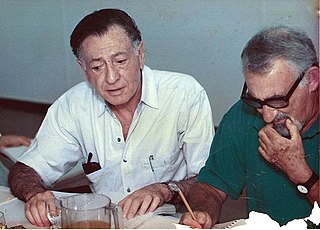 W
WNissim Aloni was an Israeli playwright and translator.
 W
WNathan Alterman was an Israeli poet, playwright, journalist, and translator. Though never holding any elected office, Alterman was highly influential in Socialist Zionist politics, both before and after the establishment of the State of Israel.
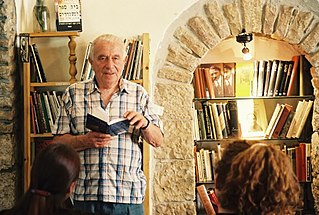 W
WYehuda Amichai was an Israeli poet. Amichai is considered, both in Israel and internationally, as Israel's greatest modern poet, and one of the leading poets worldwide. He also wrote two novels and several short stories. He was one of the first to write in colloquial Hebrew.
 W
WYoav Avni is a prominent Israeli author and translator. His books HaHamishit Shel Chong Levi and Herzl Amar have earned him national recognition and both received the Geffen Award in 2010 and 2012 respectively.
 W
WItamar Ben-Avi was the first native speaker of Hebrew in modern times. He was a journalist and Zionist activist.
 W
WMicha Josef Berdyczewski, or Mikhah Yosef Bin-Gorion, was a Little Russian-born writer of Hebrew, a journalist, and a scholar. He appealed for the Jews to change their way of thinking, freeing themselves from dogmas ruling the Jewish religion, tradition and history, but is also known for his work with pre-modern Jewish myths and legends. He wrote in Hebrew, Yiddish and German and has been described as "the first Hebrew writer living in Berlin to be revered in the world of German letters".
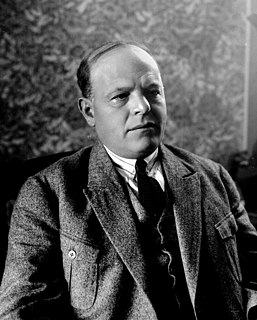 W
WHayim Nahman Bialik, also Chaim or Haim, was a Jewish poet who wrote primarily in Hebrew but also in Yiddish. Bialik was one of the pioneers of modern Hebrew poetry. He was part of the vanguard of Jewish thinkers who gave voice to the breath of new life in Jewish life. Although he died before Israel became a state, Bialik ultimately came to be recognized as Israel's national poet.
 W
WRachel Bluwstein Sela was a Hebrew-language poet who immigrated to Palestine, then part of the Ottoman Empire, in 1909. She is known by her first name, Rachel, or as Rachel the Poetess.
 W
WYosef Haim Brenner was a Russian-born Hebrew-language author and one of the pioneers of modern Hebrew literature.
 W
WYehiel De-Nur, also known by his pen name Ka-Tsetnik 135633, born Yehiel Feiner, was a Jewish writer and Holocaust survivor, whose books were inspired by his time as a prisoner in the Auschwitz concentration camp. His work, written in Hebrew, tends to "blur the line between fantasy and actual events" and consists of "often lurid novel-memoirs, works that shock the reader with grotesque scenes of torture, perverse sexuality, and cannibalism".
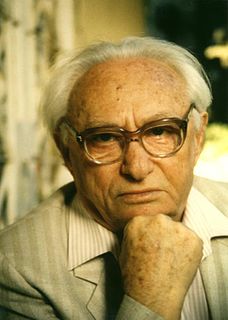 W
WIsrael Eldad, was an Israeli Revisionist Zionist philosopher and member of the pre-state underground group Lehi.
 W
WBenjamin Fain was an Israeli physicist, professor-emeritus, and former refusenik.
 W
WJudah Leib Gordon, also known as Leon Gordon, was among the most important Hebrew poets of the Jewish Enlightenment.
 W
WAsher Zvi Hirsch Ginsberg, primarily known by his Hebrew name and pen name Ahad Ha'am, was a Hebrew essayist, and one of the foremost pre-state Zionist thinkers. He is known as the founder of cultural Zionism. With his secular vision of a Jewish "spiritual center" in Israel, he confronted Theodor Herzl. Unlike Herzl, the founder of political Zionism, Ha'am strived for "a Jewish state and not merely a state of Jews".
 W
WNaftali Herz Imber was a Jewish Hebrew-language poet, most notable for writing a poem on which "Hatikvah", the Israeli national anthem, is based.
 W
WItzhak Katzenelson (Hebrew: יצחק קצנלסון, Yiddish: (יצחק קאַצ נעלסאָן was a Polish Jew, a teacher, poet and dramatist. He was born in 1886 in Karelichy near Minsk, and was murdered May 1, 1944 in Auschwitz.
 W
WAbraham Mapu was a Lithuanian novelist. He wrote in Hebrew as part of the Haskalah (enlightenment) movement. His novels, with their lively plots encompassing heroism, adventure and romantic love in Biblical settings, contributed to the rise of the Zionist movement.
 W
WYonit Naaman is an Israeli poet, essayist, editor, and literary and cultural researcher.
 W
WSalman Natour (Arabic: سلمان ناطور, 1949-2016) was an Israeli writer and novelist, Born in Daliyat al-Karmel south of Haifa in 1949, and graduated in his hometown's high school then attained higher education in Jerusalem then in Haifa.
 W
WAmir Or, is an Israeli poet, novelist and essayist whose works have been published in 45 languages.
 W
WZvi-Gersh Preigerzon was a Ukrainian Jewish author who specialized in historical prose of a historically fictional nature. The author wrote his books in the Original Hebrew while in the Soviet Union - which caused his arrest. Preigerzon was also a scientist and inventor in the mineral processing field. Further recognized for his scientific works by being named Dean of the Moscow State Mining University.
 W
WEsther Raab was a Hebrew author of prose and poetry, known as "the first Sabra poet", due to her eminence as the first Israeli woman poet and for the prominence of her native landscape in her imagery.
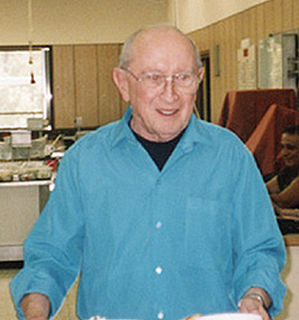 W
WNathan Shaham was an Israeli writer.
 W
WMeir Shalev is an Israeli writer and newspaper columnist for the daily Yedioth Ahronoth. Shalev's books have been translated into 26 languages.
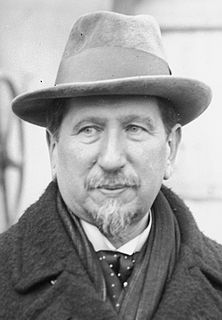 W
WNahum Sokolow was a Zionist leader, author, translator, and a pioneer of Hebrew journalism.
 W
WShaul Gutmanovich Tchernichovsky was a Russian-born Hebrew poet. He is considered one of the great Hebrew poets, identified with nature poetry, and as a poet greatly influenced by the culture of ancient Greece.